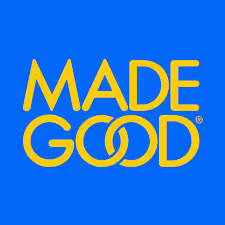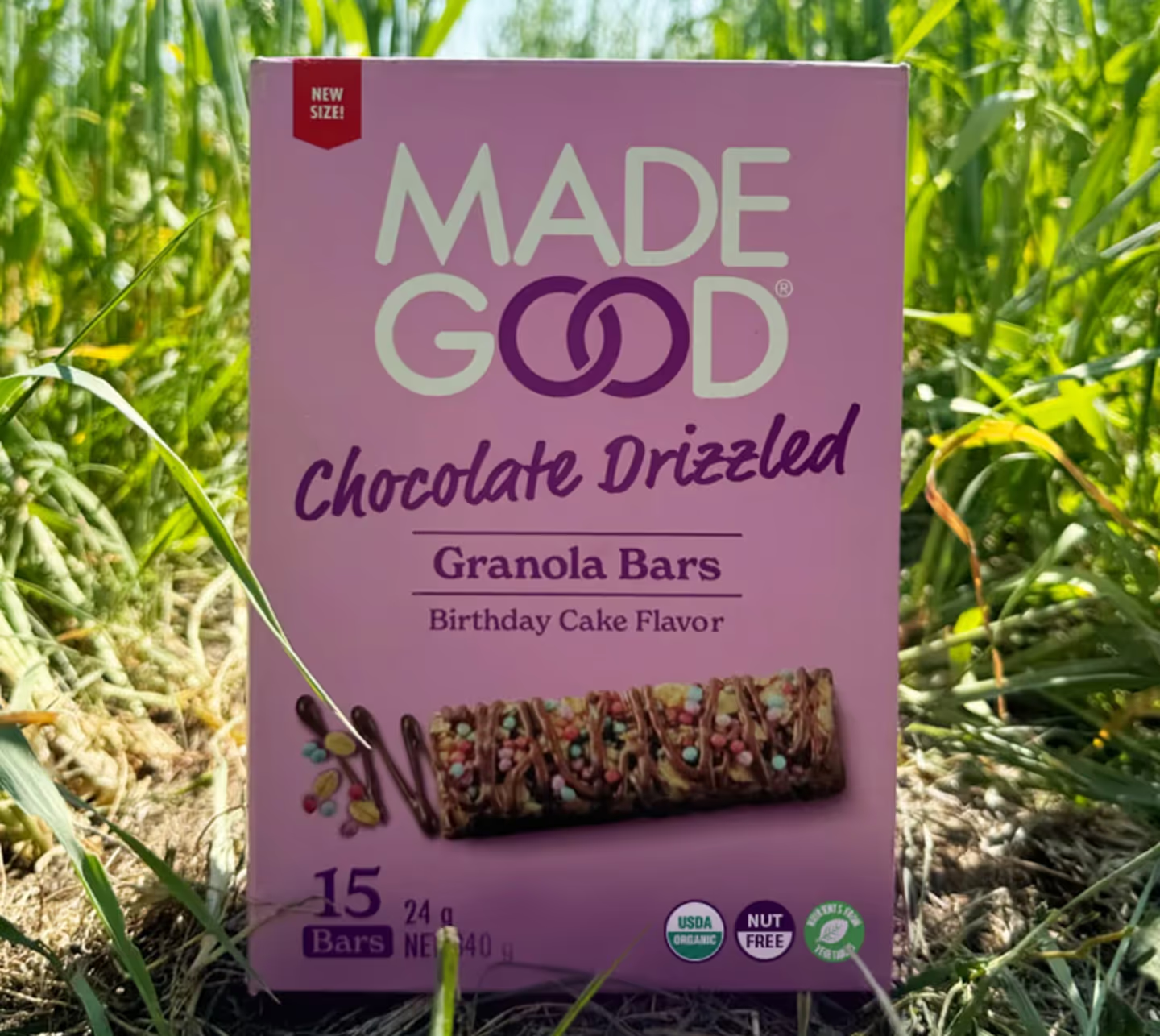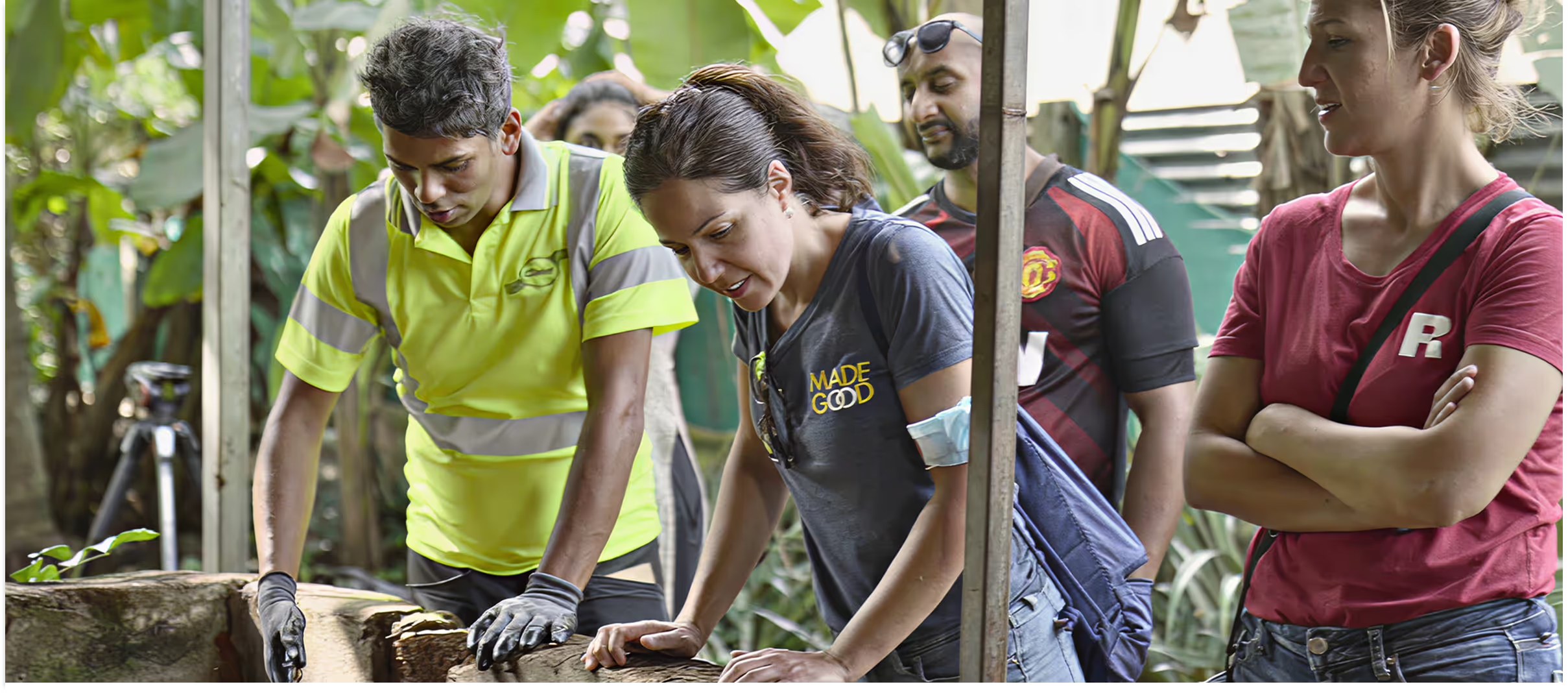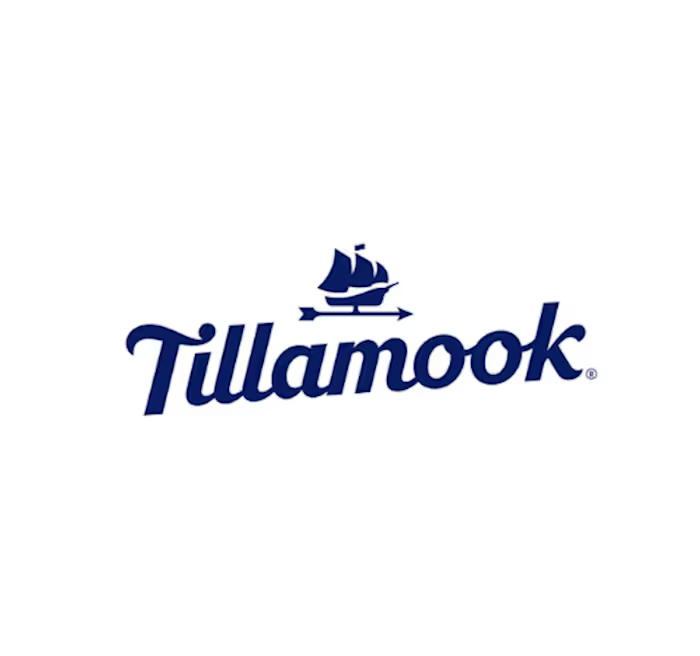
MadeGood
Building Brand Value Through Packaging Stewardship: How MadeGood Addresses Plastic Packaging While Strengthening Customer and Retailer Relationships

.avif)
Better Snacks, Cleaner Planet
At MadeGood, sustainability isn’t just a value — it’s a responsibility. MadeGood is rethinking how snacks are made — with less waste, more transparency, and greater care at every step. From prioritizing thoughtfully sourced ingredients to investing in plastic recovery efforts, they’re turning bold sustainability goals into real-world impact — and setting a new standard for the natural food space.

When sustainability initiatives are implemented thoughtfully with executive buy-in and authentic impact alignment, they can create unexpected value beyond environmental benefits—particularly in customer and retailer conversations.
When Taylor Stanley, Corporate Impact Strategy Manager, joined MadeGood's parent company Riverside Natural Foods Ltd., in March 2021, the organic snack brand faced a familiar dilemma. Their packaging—essential for product integrity and shelf life—represented their most obvious environmental challenge. Previous attempts with alternative materials had proven unsuccessful, leaving products "like a brick after six months" in European markets. While innovation for materials and structures were ongoing, there was an identified need to address impacts from the current state of packaging.
Recognizing that packaging was "the most obvious, negative and tangible environmental impact that we make as a company," Stanley began evaluating solutions that could address their plastic footprint, maintain product integrity, and drive packaging innovation even further at Riverside. What he found would become one of MadeGood's longest standing impact partnerships: a partnership with rePurpose.
Choosing Measurable Impact Over Generic Solutions
In a crowded field of plastic offset providers, rePurpose stood out for its focus on material-specific impact. Rather than offering generic plastic credits, the company's emphasis on low-value flexible plastics aligned perfectly with MadeGood's actual packaging materials.
"What spoke to me most was rePurpose because of the specific focus on low-value flexible plastics," Stanley notes.
"Not bringing a PET water bottle and counting that weight as an equivalent for our packaging because it's not—the economics aren't the same. You're not finding those water bottles anywhere on the streets in developing countries where the waste is being dropped off; they're much more valuable."
This authentic alignment extended beyond materials to approach. rePurpose's community-based project model resonated with MadeGood's values around supporting local solutions rather than imposing external fixes.
Taylor's confidence in the partnership was cemented when he and three colleagues, two of them board members and co-founders (Salma and Sahba) participated in rePurpose's inaugural Plastic Reality Project—a two-week tour in India to witness the on-the-ground impact firsthand. While the environmental consequences of plastic pollution are intuitive, it was the social impact that drove the urgency home for the leadership team. Seeing the direct effect on local communities and workers solidified their commitment to this specific approach over other plastic offset alternatives.
Plastic Neutral Certification: From Website to On-Pack
MadeGood took a strategic approach to implementing their Plastic Neutral certification. The certification first appeared on their website as they built their relationship with rePurpose, then expanded to all packaging by mid-to-late 2023.
"We wanted to be intentional about developing a deep relationship with rePurpose before we were ready to put another certification on our packaging. Once you put something on pack, it becomes part of your brand promise to consumers. After our trip to India to see the impact and really getting to know the rePurpose team, we were confident enough in our partnership that we made the decision to ensure the plastic neutral logo was visible on every product."
Taylor Stanley, Corporate Impact Strategy Manager
The Impact: 2.2 Million Kilograms and Growing
Since partnering with rePurpose in July 2021, MadeGood has achieved Plastic Neutral certification and funded the recovery of 2,188,553 kilograms of plastic waste—equivalent to 5.2 billion straws, 121.5 million bottles, or 364.8 million plastic bags.
This partnership supports 1,839 workers across five projects in India and Indonesia, demonstrating the possibility for truly thoughtful social impact alongside environmental benefits from projects like these and which is very aligned with Riverside’s purpose and a cornerstone of the partnership.
Building Retailer Relationships Through Shared Interests
Beyond the environmental and social impact, the Plastic Neutral certification has become a conversation starter.
"Customers and retailers are always interested in hearing about our plastic initiatives and how we've gone Plastic Neutral with rePurpose. They can see why selling MadeGood is a benefit for their own packaging and circularity goals."
The impact extends to practical applications. For major retailers like Costco, Stanley can now provide detailed impact reports showing trees saved from recycled paper packaging materials in conjunction with plastic offset calculations specific to customer volume. This data helps retailers demonstrate progress toward their own packaging and circularity goals, setting Made Good’s value proposition apart from their competition.
An Unexpected Operational Benefit: EPR Compliance
One unexpected, yet welcomed practical advantage emerged from how MadeGood integrated rePurpose investments into their financial systems. By treating plastic recovery as part of material costs rather than sustainability expenses, the company inadvertently created a framework that made future EPR compliance fees easier to handle.
"The logic of having it show up in our cost of goods set the precedent and really allowed EPR fees to be much more easily integrated into our material costs as well," Stanley notes.
"The rePurpose platform helped establish how we handle these packaging-related costs, which made it easier when we needed to integrate the growing EPR compliance fees."
This financial integration created operational efficiencies that extend beyond the original partnership, simplifying budget planning and internal reporting across multiple regulatory requirements.
Building Internal Culture and Communication
The partnership has become central to MadeGood's internal sustainability communications, featuring prominently in Riverside’s annual impact reports. The universal relatability of packaging creates company-wide appreciation for sustainability efforts, supported by lunch-and-learns and video sharing about supported projects.
Annual plastic recovery volumes are now included in top-line impact metrics, demonstrating the initiative's evolution from side project to core business function.
Looking Forward: From Offset to Optimization
MadeGood frames their approach to packaging with a dual philosophy they call "turning off the tap and mopping the floor"—investing in R&D for alternative packaging materials while using rePurpose to take ownership of current packaging externalities.
"Plastic Neutral is a key part of the solution, but it's not the only thing," Stanley emphasizes. "The other half of what we're really doing—turning off the tap with alternative packaging—that's what we all want to see progress on."
The company plans to eventually account for all plastic packaging since Riverside’s inception in 2013, demonstrating commitment that extends beyond current production to historical responsibility. As rePurpose continues to develop packaging optimization tools and insights, MadeGood will be positioned to benefit from these future capabilities in their journey toward more sustainable packaging alternatives.
Planet, People, and Brand: The Triple Value of Plastic Recovery
MadeGood's experience demonstrates that it's possible to achieve meaningful environmental and social benefits while simultaneously strengthening your brand promise to customers and retailers. Their Verified Plastic Recovery certifications created a platform for deeper conversations with stakeholders, showing that sustainability commitments can enhance business relationships.
For brands considering plastic recovery certification, MadeGood's journey offers practical insights: invest in thorough evaluation, ensure authentic impact alignment, secure executive buy-in, and maintain patience for long-term partnership development. The result is meaningful progress toward environmental and business goals that strengthens brand values and builds deeper relationships with customers and retailers.
Ready to explore how plastic recovery certification could benefit your brand? Learn more about rePurpose's Plastic Neutral certification or schedule a consultation to discuss your packaging sustainability strategy.
<noquote> 310+ waste workers with improved working conditions
<noquote> Over 2.2 Million kg plastic waste recovered as of May 2025
<noquote> 43K households with improved access to waste management infrastructure

Sustainability Benefits for the Brand
Thanks to its partnership with rePurpose Global, MadeGood is viewed as an industry leader for sustainability, going beyond marketing claims and really baking it into their brand identity.In addition to the 4 million+ pounds of plastic they have recovered, MadeGood has been selected for speaking opportunities, workshops and panels at leading events, leveraging their rePurpose Global partnership to secure a plenary session at the Sustainable Brands conference, attended by 1,700 industry leaders.
“Balancing the environmental impact of plastics with the necessity to package and protect our MadeGood products is a challenge we take seriously”
Taylor Stanley, MadeGood Impact Strategy Manager
MadeGood is a certified B-Corp and have solidified their products as a household name. rePurpose supported the creation of messaging that has helped MadeGood differentiate their brand at trade shows, helping them stand out amongst the growing number of health-food brands. Their lines are available at Whole Foods and they’ve added the rePurpose Global Plastic Neutral Certification to more of their product lines.
The market for healthy, eco-friendly consumables has exploded over the past several years and MadeGood is leading the charge, assuring good for you products are also good for the planet.
Other case studies







.avif)

.avif)
